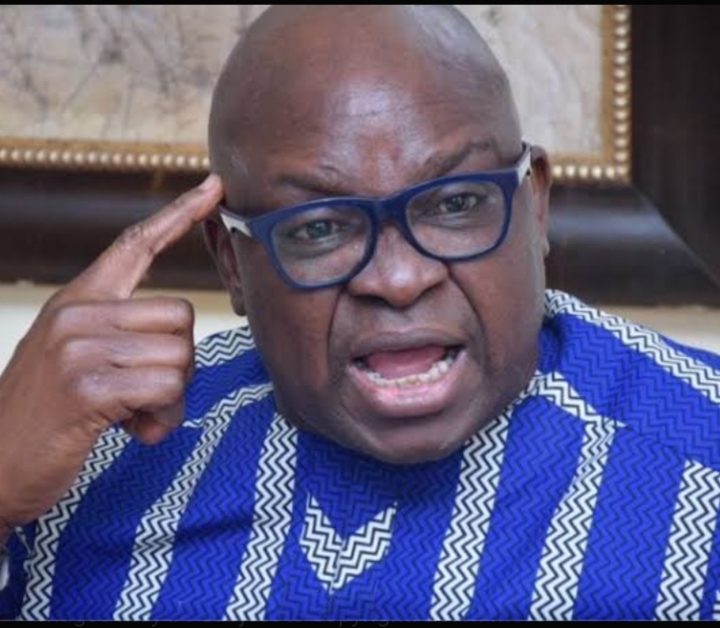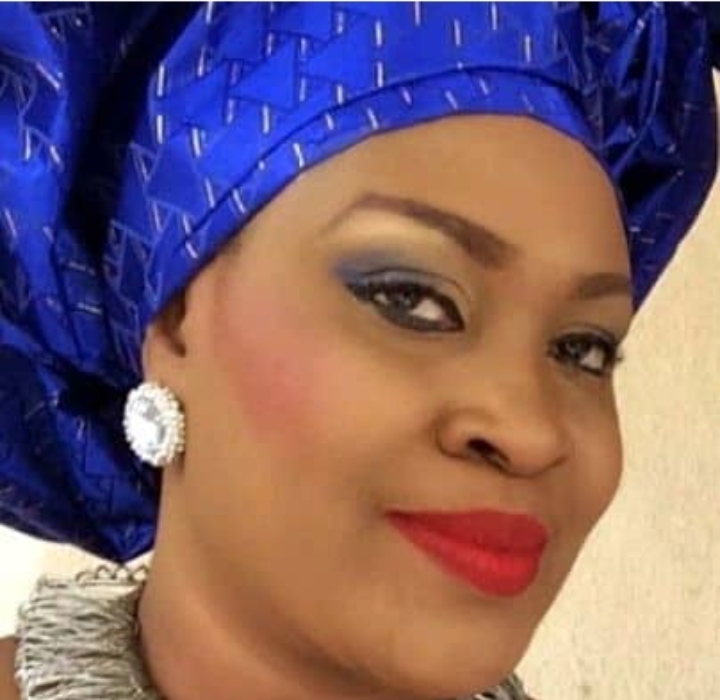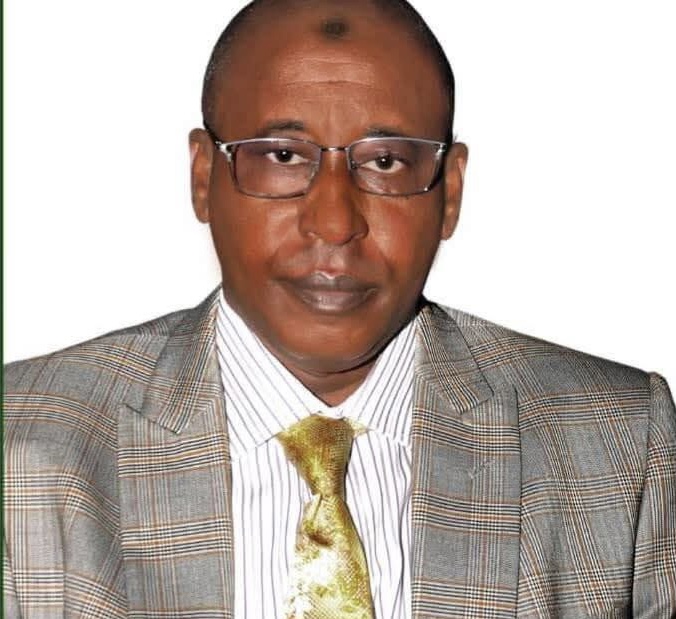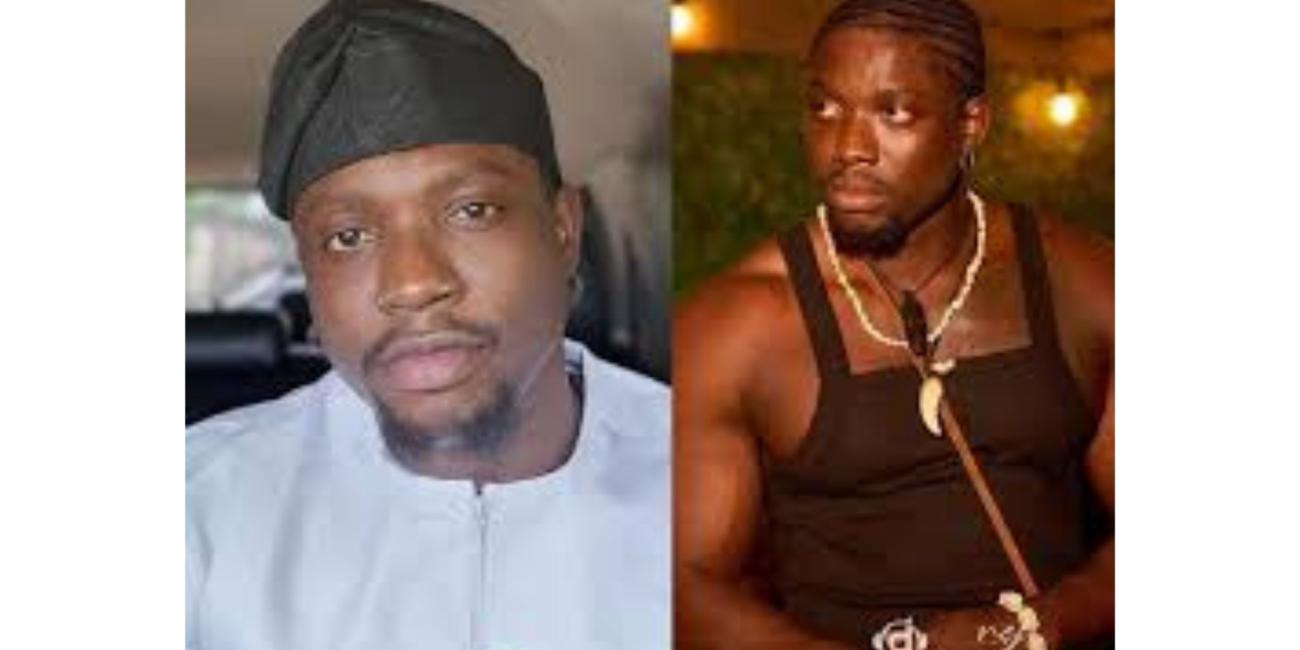AYO FAYOSE FORMER EKITI STATE GOVERNOR
BY ANTHONIA EMMANUEL
Former Ekiti State governor, Ayodele Fayose, has urged the Federal High Court in Lagos to quash the fraud allegations brought against him by the Economic and Financial Crimes Commission (EFCC), arguing that the prosecution has failed to establish any wrongdoing on his part.
Appearing before Justice Chukwujekwu Aneke, Fayose filed a formal no-case submission through his counsel, former Attorney General of the Federation, Chief Kanu Agabi (SAN). He insisted that the EFCC’s case lacked substance and should not proceed to a full defence.
The EFCC had arraigned Fayose and his company, Spotless Investment Limited, on 11 counts related to alleged money laundering and misappropriation of public funds amounting to N6.9 billion. However, Fayose’s legal team argued that the prosecution had not presented enough evidence to warrant a defence.
A key point raised by Agabi was the absence of Abiodun Agbele , an alleged intermediary in the financial transactions from the list of defendants. He argued that charges like conspiracy and criminal breach of trust typically require more than one accused person, which undermines the credibility of the EFCC’s claims.
Counsel for Spotless Investment Limited, Olalekan Ojo (SAN), also adopted the no-case submission, reinforcing it with additional documents filed in May 2025. Ojo raised concerns over the testimony of prosecution witness Senator Musiliu Obanikoro, a former Minister of State for Defence. He noted that under cross-examination, Obanikoro admitted there was no direct interaction between Fayose and former National Security Adviser, Col. Sambo Dasuki , a link the EFCC had emphasized.
In defence of the case, EFCC counsel Rotimi Jacobs (SAN) countered that the no-case submissions were baseless. He argued that the financial transactions linked to Fayose were suspicious and lacked proper documentation. Jacobs questioned why the former governor opted not to use his personal accounts for certain transactions if they were legitimate.
He also pointed to investigative findings suggesting Fayose used acquaintances to purchase high-value properties in Nigeria and abroad, which they later denied owning. According to Jacobs, this behavior was consistent with money laundering and required a formal response from the defendant.
Jacobs further referenced Obanikoro’s statement, which alleged that Fayose personally requested the funds and appointed Agbele to collect the money in cash , a critical part of the EFCC’s narrative.
Following the court session, Justice Aneke granted Fayose permission to travel overseas for medical care and scheduled July 10, 2025, for a ruling on the no-case submission.
Fayose was originally arraigned in 2018 before Justice Mojisola Olatoregun, who has since retired. The case was subsequently reassigned to Justice Aneke.
The EFCC has maintained that Fayose received over N1.2 billion in campaign funds from state resources, and laundered an additional N1.6 billion through various companies in violation of anti-money laundering laws.





